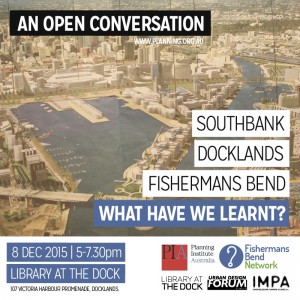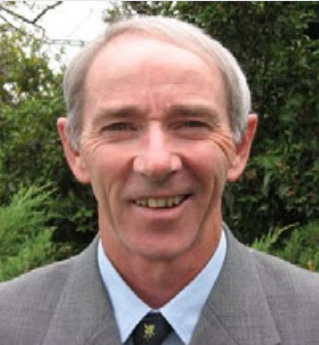-
Notice of FY 16/17 Annual General Meeting and screening of “Citizen Jane – Battle for the City”
Save Our Suburbs Inc (Vic) will hold its 2017 AGM on Sunday 19th November 2017 at 2:30pm in Meeting Room 1, Hawthorn Library, 584 Glenferrie Rd Hawthorn.
DOWNLOAD MAP OF VENUE HERE
The SOS Committee decided earlier this year not to levy membership fees for the 17/18 financial year, and that all paid-up members from FY 15/16 would remain current members for this financial year. Consequently, all SOS members financial until 30 June 2016 (FY 15/16) or later are current members and may vote at this AGM.
At this AGM, the Association will –
– Confirm the minutes of the last preceding annual general meeting;
– Receive a report from the President and a s94 financial report for last financial year
– Elect a proportion of the Officers and Committee members of the Association, as follows:
Vice-President, Treasurer & Secretary; three ordinary committee members
Nominations for the committee:
DOWNLOAD NOMINATION FORM HERE
Nominations must be in writing and signed by the current member and two other current members of the Association. Nomination forms are on our website home-page:
Nominations must be received at least 7 days before the AGM (ie, by Nov. 12th, 2017). Send to:
The Secretary, SOS, PO Box 739, Richmond 3121; or scan and email to sos@sos.asn.au
Any candidate statements received will be posted on the SOS website.
Proxies:
DOWNLOAD PROXY FORM HERE
If you are a current member unable to attend the AGM and want another current member or the Chair to act on your behalf, please complete a Proxy form and send it by 3pm Thursday November 16th 2017 to:
The Secretary, PO Box 739, Richmond 3121; or scan and email to sos@sos.asn.au
The Secretary,
Save Our Suburbs
* * *
After the AGM we will screen the 2016 feature documentary
“Citizen Jane – Battle for the City”
This inspiring feature film details the successful struggle of activist Jane Jacobs and local NY residents against the motorways and soulless hi-rise blocks proposed by despotic planner Robert Moses in post-WW11 New York City.
“Cities have the capability of providing something for everybody, only because, and only when, they are created by everybody” – Jane Jacobs
“A celebration of grassroots activism and a cry for community” – The Observer
Reviews:
“Citizen Jane: Battle for the City review – New York’s urban planning war retold” (Guardian, 4.5.17)
“A new documentary leaves Jane Jacobs trapped in the rubble of old arguments” (LA Times, 13.4.17)
“Street fighter: how Jane Jacobs saved New York from Bulldozer Bob” (Guardian, 1.5.17)


 Dr Greg Moore was Principal of Burnley College at Melbourne University from 1988 to 2007, Lecturer in Plant Science and Arboriculture from 1979, and Head of the School of Resource Management from 2002 to 2007. Greg has a specific interest in arboriculture, the scientific study of tree cultivation and management. He is a major speaker at Australian and overseas conferences and has contributed to the development of Australian Standards in pruning and amenity tree evaluation. He has been a regular on Melbourne radio, particularly ABC 774 and 3AW.
Dr Greg Moore was Principal of Burnley College at Melbourne University from 1988 to 2007, Lecturer in Plant Science and Arboriculture from 1979, and Head of the School of Resource Management from 2002 to 2007. Greg has a specific interest in arboriculture, the scientific study of tree cultivation and management. He is a major speaker at Australian and overseas conferences and has contributed to the development of Australian Standards in pruning and amenity tree evaluation. He has been a regular on Melbourne radio, particularly ABC 774 and 3AW.